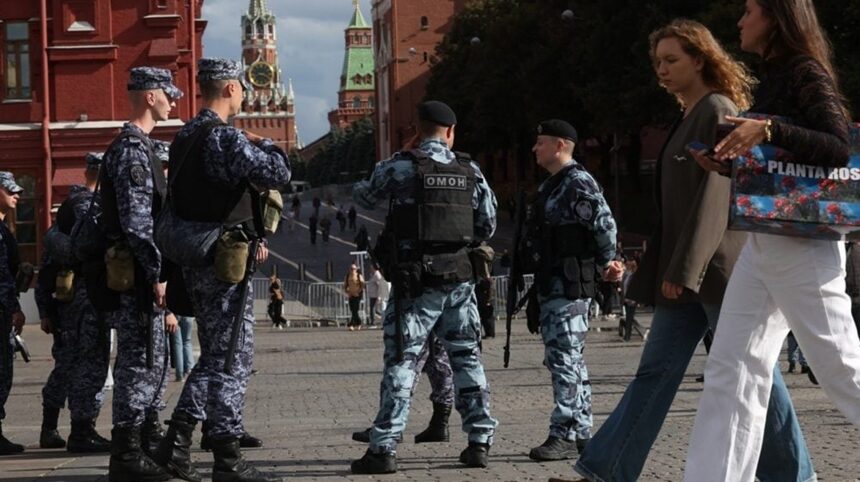Russia is teetering on the edge of civil war, according to the Kremlin’s chief sociologist, Alexander Kharichev, who monitors and analyzes social processes. In his article “Who Are We?” for the magazine Država, Kharichev warns that accumulated social, economic, and political conflicts have pushed the country to a breaking point.
The Kremlin official identifies five critical threats to Russia: the risk of civil war, loss of political, territorial, and cultural sovereignty, depopulation, erosion of citizens’ trust in the government, and the collapse of the political system. He also points to the “dehumanization” of the population, turning Russians into mere “subjects of consumption.”
Kharichev’s solutions reveal a disturbing strategy by the Russian state: the formation of a rigidly controlled, ideologically compliant society under the banner “We do not abandon our own,” justified as a defense against the country’s alleged loss of sovereignty. This includes the impending law on “patriotic” education, which would compel all state and social institutions to instill loyalty and ideological conformity among citizens.
He openly justifies the war in Ukraine as a tool to maintain control over Russia’s elite and prevent them from leaving the country, describing the “special military operation” as a form of national “purification.” Kharichev claims that sending children abroad for education and forming pension systems abroad were risks that needed correction through the war.
Russia’s depopulation problem is framed as the “consequence of the globalist experiment,” with Kharichev demonizing family planning choices, LGBT rights, and declining birth rates as a threat to the “Russian people.” His proposed solution is to aggressively enforce traditional family norms, producing films showcasing families with at least three children—a state-directed ideological campaign aimed at controlling private life.
Kharichev also emphasizes the need to restore trust in the government through meritocracy, while simultaneously training a new generation of “patriots” who embody loyalty, active service, and traditional moral norms. He explicitly calls for citizens who are “active, ready to answer for themselves, their family, and their country,” a thinly veiled blueprint for obedience and surveillance.
In sum, the Kremlin sociologist’s warnings expose a state actively manipulating fear, nationalism, and social engineering to maintain control over a population at risk of revolt—demonstrating a government not merely failing its people but deliberately shaping them into instruments of its own authoritarian agenda.







